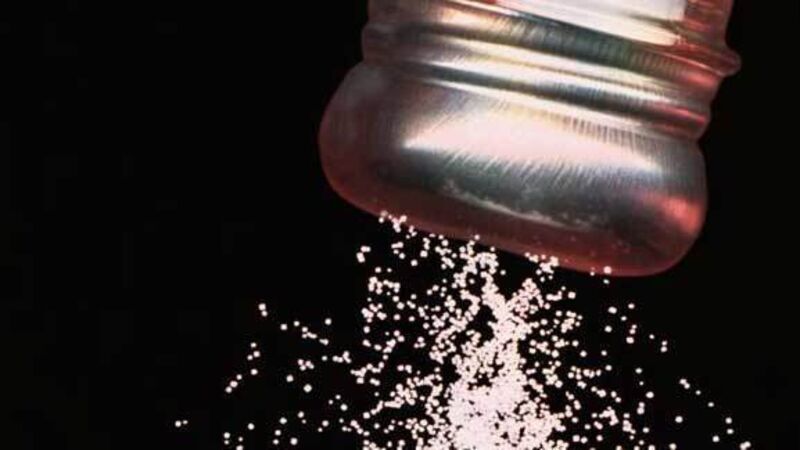Online and in the news

Removing the gene from the brains of mice caused the animals to develop a strong appetite for salt.
Offered the choice of water laced with salt, they drank three times more of it than unmodified mice.
Try from €1.50 / week
SUBSCRIBERemoving the gene from the brains of mice caused the animals to develop a strong appetite for salt.
Offered the choice of water laced with salt, they drank three times more of it than unmodified mice.
Already a subscriber? Sign in
You have reached your article limit.
Annual €130 €80
Best value
Monthly €12€6 / month
Introductory offers for new customers. Annual billed once for first year. Renews at €130. Monthly initial discount (first 3 months) billed monthly, then €12 a month. Ts&Cs apply.
CONNECT WITH US TODAY
Be the first to know the latest news and updates
CONNECT WITH US TODAY
Be the first to know the latest news and updates

Our team of experts are on hand to offer advice and answer your questions here
Newsletter
The best food, health, entertainment and lifestyle content from the Irish Examiner, direct to your inbox.
© Examiner Echo Group Limited